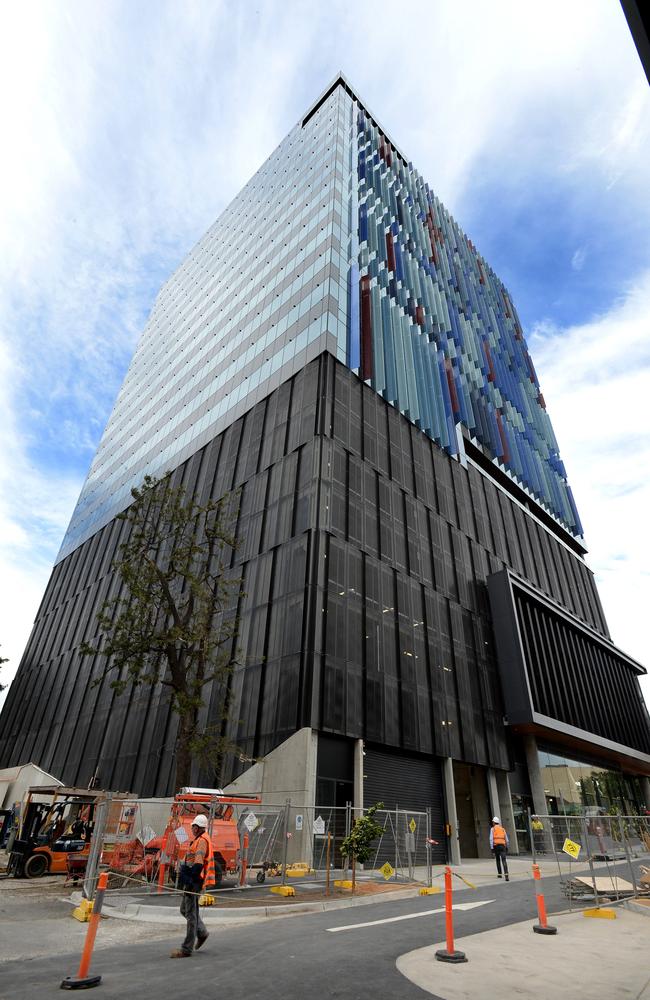ATO warns of ‘significant penalties’ for financial sovereignty movement
A small group of Australians claiming to have found a loophole in the tax system have drawn attention from the ATO, with experts warning about falling into the trap.
A small group encouraging Aussies to evade tax is rapidly growing in popularity but experts have warned against following their bogus advice.
The group is part of the sovereign citizen movement which questions the legitimacy of governments and existing institutions and attempts to carve a legal framework for its actions.
The movement’s influence has permeated financial spaces and has now drawn the attention of the Australian Taxation Office (ATO), which has warned of the consequences of dodging the system.
The ATO warns against claims made by the sovereign citizens movement that individuals can opt out of the tax system or deny the ATO’s legal authority, stating such beliefs have been debunked and could lead to significant penalties.
“Operating outside the tax and regulatory systems is not a victimless crime, and can have serious impacts,” an ATO spokeswoman said.
“‘Sovereign citizen’-type claims promoted by some that somehow you can opt out of the tax system, or that the ATO does not have legal standing, have been repeatedly debunked, and are likely to lead to significant penalties.”
Seminars combining spirituality, sovereign citizenship, and finance in cities like Melbourne, Perth, and the Gold Coast have propagated the idea that taxation is voluntary, leading individuals to attempt to claim extensive personal expenses as tax deductions.
One individual influenced by these seminars, unsuccessfully attempted to claim $70,000 in deductions for personal expenses, resulting in a $14,000 fine and criticism from the Administrative Appeals Tribunal.
“I pause here to observe that this theory amounts to no more than a groundless and illogical fringe theory that has no foundation in Australian law,” Administrative Appeals Tribunal senior member Michelle Evans-Bonner said via the ABC.
“Unfortunately, (this man) was persuaded by this theory during the seminar, which, I infer from his evidence, was presented in a persuasive and charismatic manner.”

The movement has managed to attract professionals, including lawyers and accountants.
But legal and pseudo-law experts say those who get involved in the scheme will likely face severe penalties.
“I’ve seen civil law lawyers get sucked into it,” lawyer Stephen Young said. “If there’s a grain of truth in there, it pulls you in. If you start to doubt the institutions, if you start to doubt common sense, it’s really easy to be persuaded by things that aren’t common sense.
“I think that’s how accountants and lawyers get sucked into this. It’s not because they’re not literate, it’s not because they’re not smart, it’s just because there’s reasons to question a system that doesn’t work perfectly for everyone.”
Analysts have stressed the need for regulatory action to combat the spread of misinformation, suggesting that more direct approaches, such as those taken by Canada against tax avoidance schemes, could be effective.

There’s a growing concern that without intervention, the sovereign citizen movement could continue to exploit vulnerabilities and mistrust in government institutions, leading to wider societal issues.
The phenomenon is seen as exploiting vulnerable individuals under pressure, with experts calling for efforts to protect these individuals from being misled.
“There are these ‘gurus’ that are feasting on vulnerable people under pressure ... It’s a growing problem here, and if it’s a growing problem here, that’s really indicative of massive problems that could be arising,” pseudo-law expert Joe McIntyre said.
“Even if they’re not traditionally vulnerable people, they have this sense that without government intervention they would be doing better than they are.
“There’s some distrust there that makes them vulnerable, and psychologically it can have the same effect.
“There are these ‘gurus’ that are feasting on vulnerable people under pressure. That’s something we don’t like to see as Australians anywhere, and that’s what’s happening here.”



